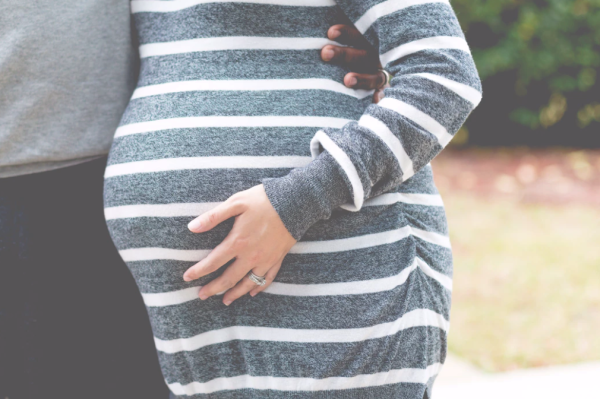Researchers from the School of Psychology at NUI Galway are seeking first-time mums of infants aged between one and 13-months to take part in an online study looking at how the experience of childbirth can have enduring psychological consequences. This study aims to explore how the birth experience impacts maternal wellbeing after childbirth.
A number of research studies looking at childbirth and trauma estimate that over 40 percent of women experience some level of trauma during childbirth. Furthermore, three to six percent have been diagnosed with a Post-Traumatic Stress Disorder.
A previous study in 2017 carried out by Dr Veronica Byrne at the School of Psychology in NUI Galway highlighted how the subjective birth experience of Irish mums can impact on mental health and on self-identity.
If the birth experience does not go as planned this can impact on how a woman might adjust. For other women the experience can be like those experiences depicted on TV shows such as One Born Every Minute where it can be a slow paced, calm and wonderful experience.
Noelle Sammon from the School of Psychology is carrying out the research and says: “For some women childbirth can be a scary, emergency situation that they have no control over, in terms of what is happening to them, their body and/or their baby. Imagine what it must be like to feel like no one is listening to you, or they are not communicating what is happening to your body and your child. This may occur because the focus is on saving lives in an emergency childbirth situation.”
Ms Sammon added: “Psychologically, the impact of this more urgent and distressing birth experience can be traumatic and can have far reaching consequences in terms of emotional and psychological wellbeing. Imagine the impact of not being included in decisions about your body.
"Think of the psychological consequences of an emergency caesarean scar, if you have not been consulted on the process and the decision to scar you was taken out of your hands, even if the intent was to ensure safety. How might you feel, how might this stay with you, serving as a reminder that your experience was not how you had envisioned. What consequences might this have on your relationships, with yourself, with your partner, with your family and with your new baby.”
Dr Jonathan Egan, Deputy Director of the Doctorate in Clinical Psychology Programme and supervisor of this research at NUI Galway, said: “Following on from our previous research which showed that a salient part of whether a birth is traumatic or not is the woman’s report of whether she felt in-control and central to decisions about the birth and what happened to her body. Often, they were left feeling depersonalised and dehumanised and thereby more likely to end up experiencing the event as traumatic.”
Dr Egan added: “People underestimate the potential for trauma during childbirth. I frequently have women post-partum attending me for treatment with chronic pain, or unprocessed traumatic memories of the birth. For some it can result in tokophobia or fear of childbirth and women will avoid having sex in case they might get pregnant again, they keep their thoughts and fears to themselves, so talking about them is the first step to recovery.”
The research team are interested in exploring how control and support during and in the aftermath of a woman’s childbirth might impact on her psychologically in terms of trauma and mood and will cover both emergency and non-emergency childbirth scenarios.
To participate in the online study, visit: www.bit.do/












